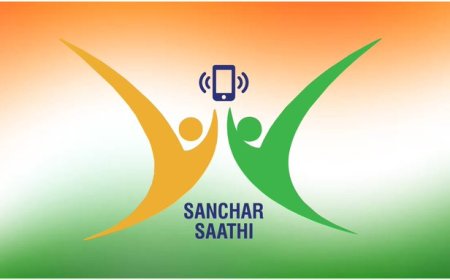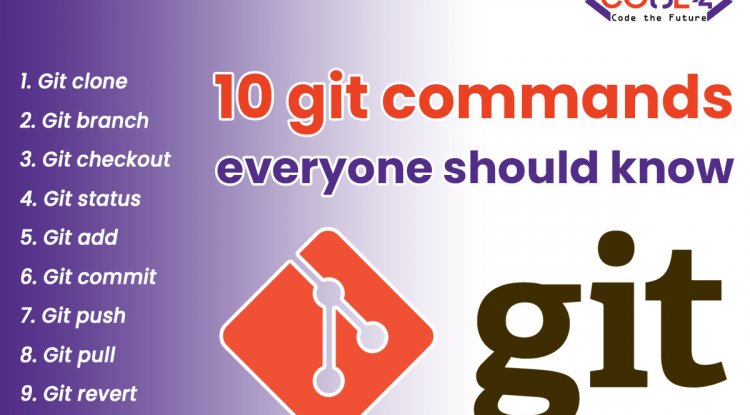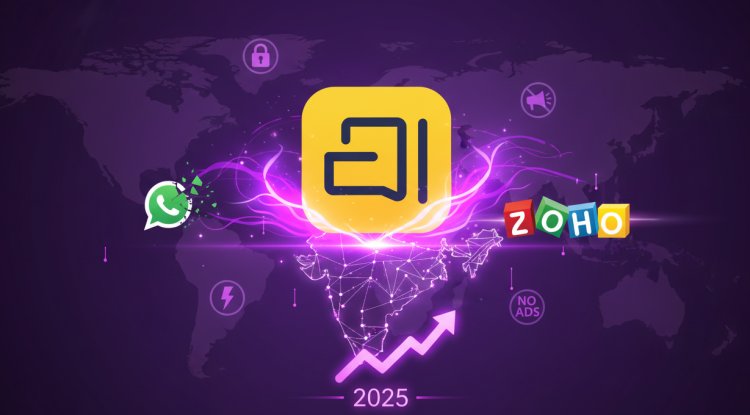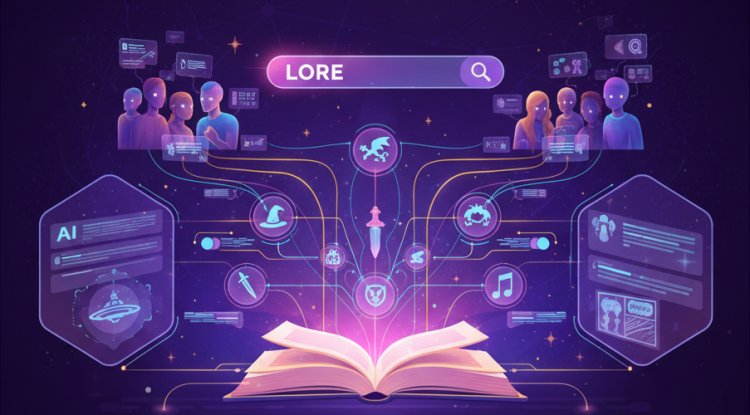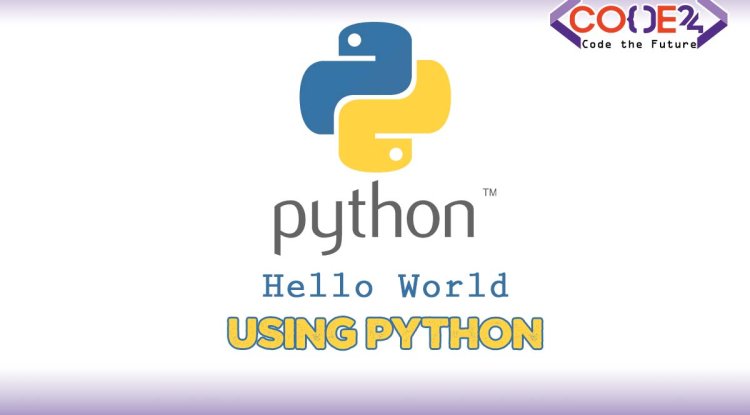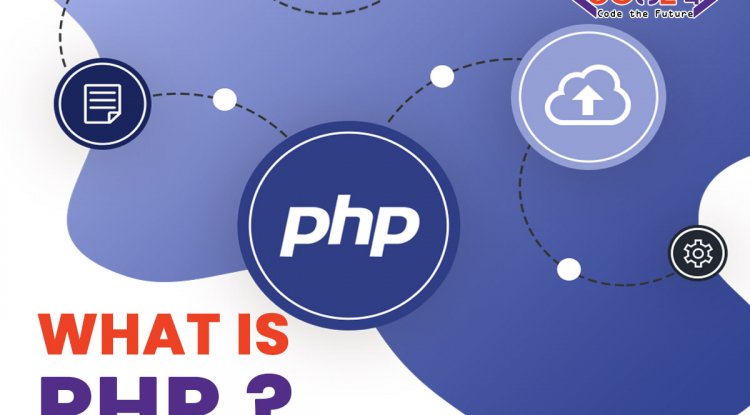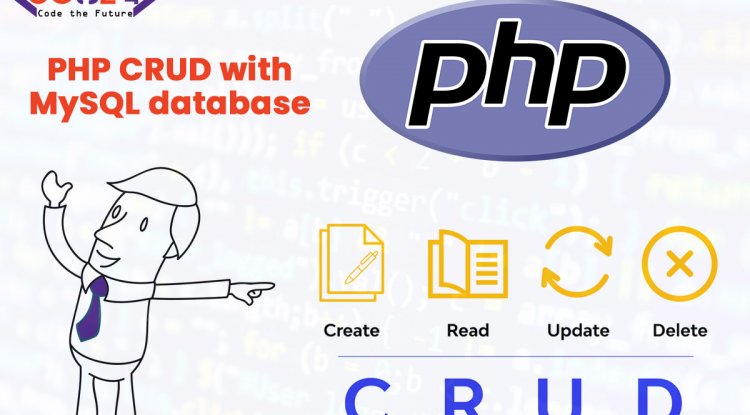What Is SQL ? Structured Query Language
What Is SQL ? Structured Query Language. SQL is a programming language for working with databases and communicating with them. Know more about SQL

SQL is a programming language for working with databases and communicating with them.
A programming language known as SQL (Structured Query Language) is used to interact with and manipulate databases. Many businesses need to learn SQL in order to get the most out of the mountains of data they collect. Here's beginning and end you ought to be familiar with utilizing SQL to get to and control information.
- A programming language called Structured Query Language (SQL) is used to interact with and manipulate databases.
- In the 1970s, IBM researchers created SQL. SQL is generally easy to use and accessible across a wide range of platforms.
- This article is written for business owners who want to hire a SQL developer to completely change how they view, analyze, and make decisions based on their existing data.
What is SQL?
SQL programs are used by businesses and other organizations to access, alter, and create new tables, as well as access and manipulate the data and information in their databases. You need to know exactly what a database is to fully comprehend SQL.
Microsoft defines a database as a tool for information collection and organization. Information about people, goods, orders, and anything else can be stored in databases. A word processing program or spreadsheet is often the foundation for many databases. Many businesses find it useful to move them to a database created by a database management system as they grow in size.
When to use SQL?
SQL allows users to retrieve the specific data they need when they need it by assisting in the control of information stored in databases.
SQL is a powerful programming language despite its simplicity. In fact, SQL has the ability to delete data from SQL database tables, modify data in already existing tables, and insert data into new database tables. By creating, modifying, or deleting tables and other database objects, SQL can also change the structure of the database itself.
For database data manipulation, SQL makes use of a set of commands. SQL INSERT, which is used to add data to database tables, is one example. Using SQL SELECT, data can be retrieved from database tables; and SQL UPDATE, which alters records in the database.
SQL experience is one of the most sought-after career skills because so many businesses rely on big data analytics to guide their operations.
SQL History
In the 1970s, IBM researchers Raymond Boyce and Donald Chamberlin created the SQL programming language. Following Edgar Frank Codd's 1970 paper, "A Relational Model of Data for Large Shared Data Banks," the programming language SEQUEL was developed.
Codd suggested in his paper that every data in a database should be represented in relations.SQL was developed by Boyce and Chamberlin on the basis of this theory. Malcolm Coxall writes in Oracle Quick Guides (Cornelio Books, 2013) that the first version of SQL was made to manipulate and retrieve data stored in System R, IBM's first relational database management system.
However, it wasn't until a few years later that the SQL language was made available to the general public. Oracle V2, a commercial version of SQL, was released in 1979 by a company called Relational Software, which later became Oracle.
Since then, the International Organization for Standardization (ISO) and the American National Standards Institute (ANSI) have declared that SQL is the preferred language for communicating with relational databases. The language is modified by major SQL vendors, but the majority of SQL programs use the version that has been approved by ANSI.

The MySQL database management system
Many businesses use a database management system with built-in SQL rather than writing their own. One of the most widely used SQL database management systems on the market today is MySQL, which was developed and distributed by Oracle.
What is MySQL?
MySQL is free to download and use because it is open-source. Many websites use MySQL, a sophisticated and effective relational database, to quickly create and modify content.
When is MySQL used?
MySQL can be used for data warehousing, e-commerce, and logging among other things. However, web servers frequently host it.
Some examples of popular MySQL systems
MySQL is used by many of the world's largest and most well-known brands, such as Facebook, Google, Adobe, Alcatel-Lucent, and Zappos, to ensure that their websites function properly.
PostgreSQL, Ingres, and Firebird are a few other open-source SQL database management systems in addition to MySQL.
Advantages of SQL
SQL is a widely used programming language for data management and sharing. The advantages of SQL tend to outweigh its drawbacks, which include a cumbersome interface and inefficiencies with costs. SQL is extremely user-friendly and can be used by anyone to become an expert on any platform.
Consider the following advantages if you are unsure whether SQL should be used for your data:
- SQL is portable: SQL can be moved. It is usable on desktop computers, laptops, servers, and some mobile devices. It works with the intranet and local internet. Users can quickly transfer it from one device to another thanks to its portability, making it a convenient choice.
- It uses standardized language: Standard language is used here. SQL's standardized language makes it extremely user-friendly for all users.SQL is simple to learn and write even for people with no prior experience because it uses mostly English words and statements and provides a uniform platform.
- SQL is used by major database management systems: Major manufacturers of database management systems use it.SQL is used by the majority of major database management systems, including those from IBM, Oracle, and Microsoft. The accessibility of SQL is a significant advantage to keep in mind.
- SQL processes query quickly: It responds quickly to inquiries.SQL can retrieve data quickly and effectively, regardless of its size. In addition, it is capable of completing procedures like data manipulation, insertion, and deletion relatively quickly. You won't have to wait for hours for your data or share it with others because fast query processing saves time and ensures accuracy.
- SQL provides multiple data views: It offers numerous data views.SQL lets you create multiple data views, giving different users different views of the structure and content of the database.
- SQL is highly interactive: It has a lot of interaction. Even if you know all of SQL, you may wonder if other people can read and understand the data. Since SQL is a language that can be used interactively by all users, you won't have to worry about misunderstandings or miscommunications. Find out how to make communication at your company better.
- SQL doesn’t require coding skills: No prior knowledge of coding is required. Coding is a difficult method of computer communication. Coding, which is also known as computer programming, can be hard for others to understand because it requires a lot of practice and knowledge before it can be used. Fortunately, SQL only requires the use of straightforward keywords like "select," "insert into," and "update."
- SQL has open source code: It has open source code.MySQL, MariaDB, and PostGres provide large communities with inexpensive access to free SQL databases.
Using SQL has many advantages, and employing employees with SQL expertise can revolutionize how you view, analyze, and improve your business decisions based on your data.
What's Your Reaction?
 Like
0
Like
0
 Dislike
0
Dislike
0
 Love
0
Love
0
 Funny
0
Funny
0
 Angry
0
Angry
0
 Sad
0
Sad
0
 Wow
0
Wow
0
